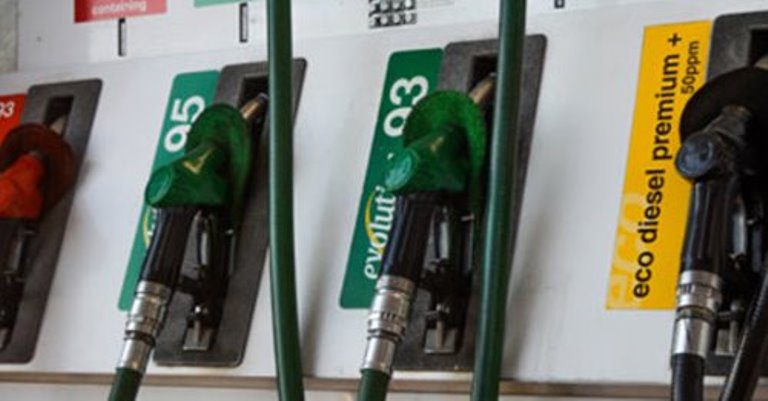Petrol prices in South Africa have shown a slight over-recovery as of the first week of July.
Data from the Central Energy Fund suggests a potential reduction of around 11 to 13 cents per litre for petrol. Conversely, diesel prices may see an increase ranging from 16 to 31 cents per litre.
This potential change comes despite the rand/dollar exchange rate remaining relatively strong at R18.12 to the dollar.
Global oil prices have continued their upward trend, now hovering around $86 per barrel. The Central Energy Fund’s data highlights the following expected changes:
Petrol 93: decrease of 11 cents per litre
Petrol 95: decrease of 13 cents per litre
Diesel 0.05% (wholesale): increase of 16 cents per litre
Diesel 0.005% (wholesale): increase of 31 cents per litre
Illuminating paraffin: increase of 25 cents per litre
The rise in oil prices can be attributed partly to storm system Beryl, which struck the US mainland, causing major power outages in Houston, Texas. Additionally, supply cuts by OPEC+ and the anticipation of lower US interest rates have further tightened the market.
A report has highlighted the ongoing burden of high petrol and diesel prices on South African consumers, despite the recent minor price reductions.
Government taxes and levies on fuel, including the General Fuel Levy and Road Accident Fund (RAF) levy, have been steadily increasing since 2021. These increases have significantly contributed to the overall fuel cost.
“These levies serve as a substantial revenue stream for the government, totaling R6.40 per litre as of May 2024.”
Concerns have been raised regarding delays in reviewing the country’s fuel pricing methodology. This issue has been exacerbated by recent changes in ministerial responsibilities under the Government of National Unity.
Stakeholders, such as the Motor Industry Staff Association (Misa), argue that reviewing the fuel pricing methodology is crucial to mitigate the economic impact on households and industries. The retail motor sector, in particular, has seen a decline in new vehicle sales due to economic pressures.

















